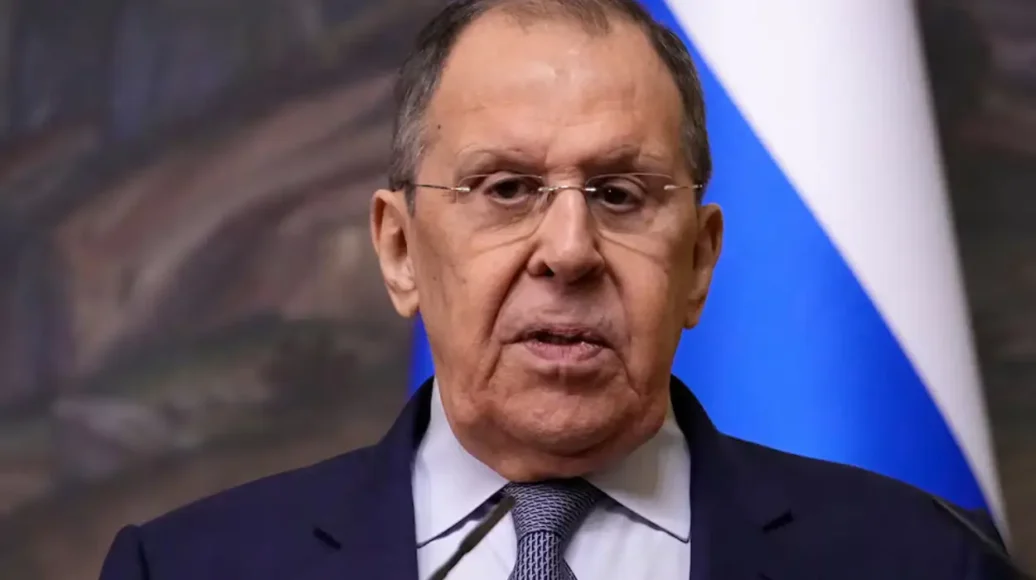When Members of Parliament (MPs) vote based on their conscience rather than adhering to party lines, it sheds light on some of the most heated and significant debates in British politics. This topic, currently under scrutiny as the House of Commons deliberates the legalization of assisted dying, opens up a broader discussion on how MPs navigate this unique dynamic.
These so-called “votes of conscience” compel MPs to set aside party discipline, turning their focus towards personal beliefs, ethical stances, and the needs of their constituents. Historically, such votes have centered around some of the country’s most sensitive and divisive issues, including abortion rights, the morality of war, and matters of life and death.
In the latest episode of Westminster Insider, host Sascha O’Sullivan takes listeners through key moments in history where MPs voted with their hearts rather than their party affiliations. Through an analysis of these major debates, O’Sullivan uncovers the tensions, dilemmas, and perhaps surprising alliances that emerged when the freedom to vote went beyond politics as usual.
These moments show what happens when elected representatives confront morally complex issues guided not by party leaders or political strategy but by their ethics, their experiences, and the will of the people they represent. Whether on topics like assisted dying or other pivotal matters, such decisions continue to define parliamentary history and challenge the rigid frameworks of party loyalty.
The stakes are high, emotions run even higher, and as O’Sullivan reveals, such votes often shape not only the future of legislation but also the public’s perception of leadership and integrity in the Commons.













Leave a Reply